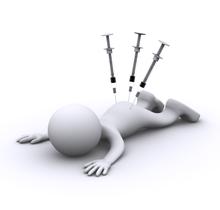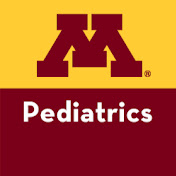(Long-Acting Growth Hormone Study)
Assessment of Adherence, Quality of Life, Clinical Response and Safety of Daily and Long-Acting Growth Hormone Therapy Clinical Research Study
Investigator is Dr. Bradley Miller

What is the LAuGH TRACK study all about?

Daily injections of Growth Hormone (DGH) is the current standard of care for children with Growth Hormone Deficiency (GHD). Multiple Long-Acting Growth Hormone (LAGH) treatments are currently being developed, and we anticipate that many patients will be interested in switching from daily to LAGH treatment due to the decreased frequency of injections. In this study, we want to better understand differences in participants who switch to LAGH and those that do not. Specifically, we want to understand differences in quality of life (QOL), adherence to medication, insulin resistance, body composition and efficacy of LAGH versus DGH in children. To participate in the study, it is not required for your child to switch to LAGH therapy. This will be decided between you and your child’s physician. We will continue to follow all participants in the study for up to 2 years regardless of your treatment decision.

Who is able to join this study?
The study is for girls between ages 2 and 11 years, and boys between ages 2 and 13 years.
A child who has been diagnosed with a growth hormone deficiency and should be currently treated with daily growth hormone or about to start treatment.
Please talk with your health care team or endocrinologist.

How long will the research last?
We expect that your child will be in this research study for 2 years. There will be a total of up to 5 study visits. The visits are expected to last about 3 hours each. The visits usually include a fasting blood sample, body composition measurements (height, weight, hip & waist circumference, estimates of lean body, muscle and fat mass by BodPod, and total body DXA pQCT of the lower leg) and invitations for online questionnaires.

Would you like more information or
have further questions about this research study?
